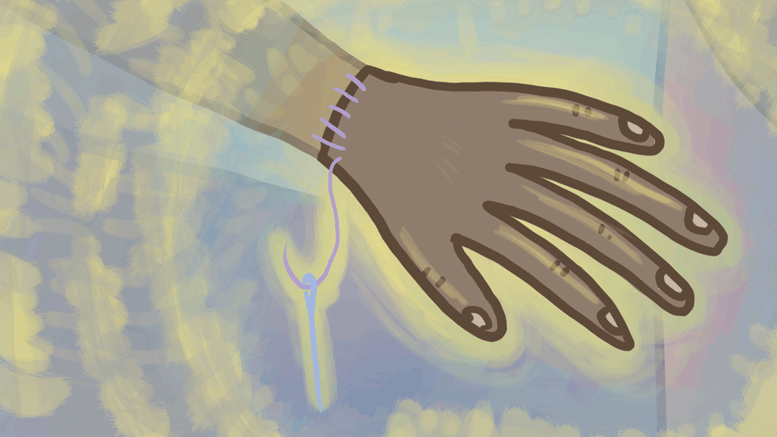A team of doctors in Toronto have successfully completed a full hand and forearm transplant, a first for Canada. The surgery, which took 18 surgeons about 14 hours, is expected to be a deciding factor in getting the experimental procedure approved in Canada.
The procedure was performed at Toronto Western Hospital and took over a year of preparation. The patient, a 49-year-old woman, had lost her arm below the elbow after an accident a few years prior.
While there have been 110 hand transplants done worldwide so far, this is new territory for Canadian physicians.
“It’s not a breakthrough as far as doing a new operation,” said Steven McCabe, director of the Toronto Western Hospital’s hand and upper extremity transplant program and the lead surgeon in the procedure, in an interview with the Globe and Mail. “But it means that we have it available now here and that we have a capability of doing this procedure.”
The surgery used a donated limb, along with steel plates and metal screws. The nerves from the donated limb and the patient had to be connected, and experts are hopeful that she will gain feeling in the hand within 200 days.
They are expecting the hand and forearm’s condition to continue improving over two years. She will also require immediate intensive rehabilitation, and will have to take medication for the rest of her life to prevent the hand from being rejected.
Hand transplants typically have a 95 to 97 per cent five-year success rate, and the patient appears to be in good condition, McCabe said.
This being said, there are some outliers in these statistics. The first person to receive a hand transplant actually asked for it to be re-amputated due to psychological distress for example. The long road to recovery will be as mentally taxing as it will be physically.
Hand transplants are an especially divisive topic in the medical community because while they may improve functionality, they’re not strictly necessary, and many people are able to live well with only one hand.
Additionally, some of the drugs used to block the body from rejecting the hand have side effects that range between nausea and dizziness to kidney failure and cancer. Whether or not these negatives outweigh the positives really depends on the patient and their pre-surgery condition.
Transplanting body parts is by no means a new frontier. The first hand transplant was performed in 1964, but it only lasted a week before being rejected by the patient’s body.
However, through new breakthroughs in immunology and the creation of better immunosuppressants we are getting closer to smoother, more ideal transplants. For example, a human head transplant has officially been scheduled for December 2017.
What would once be regarded as a blurb on the back cover of a Philip K. Dick novel is now a factual headline. The future is now.

